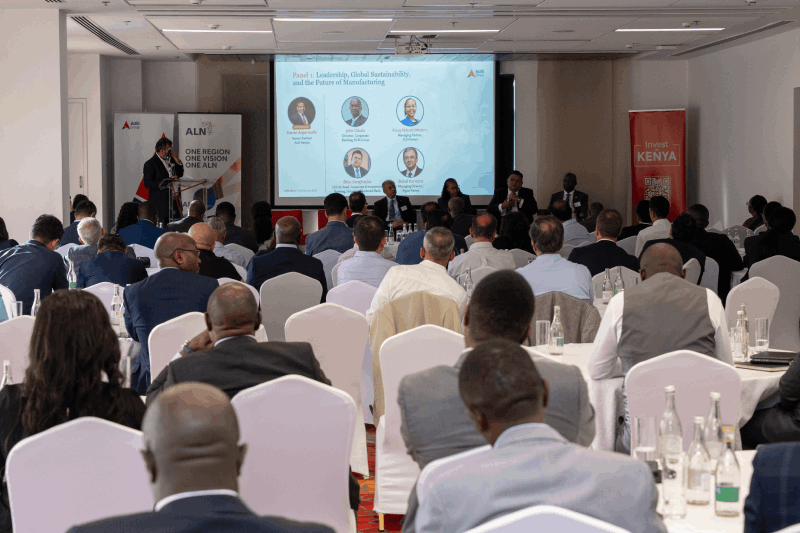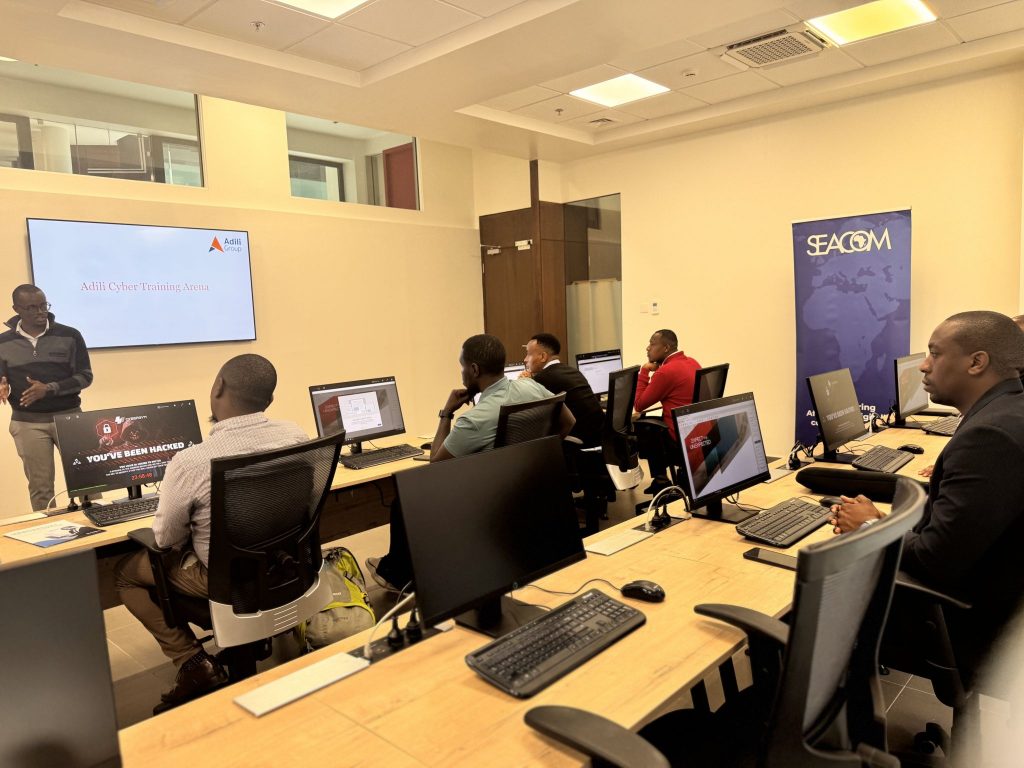Corporate governance has become the defining standard for how businesses across East Africa attract investment, build trust, and ensure long-term sustainability. As the region continues to grow, developments from Rwanda, Kenya, Tanzania, and Uganda illustrate that governance is no longer a backroom issue but a boardroom priority.
Rwanda: Governance as a Growth Catalyst
Rwanda is positioning itself as a hub for investment and innovation, and corporate governance is central to this ambition. At the heart of governance is the board of directors, tasked with steering companies toward sustainable growth, ethical leadership, and legal compliance.
The Companies Law No. 007/2021 reinforces this role by granting boards full authority over company affairs and clearly outlining directors’ duties, acting in good faith, exercising care and diligence, avoiding conflicts of interest, and maintaining financial soundness. Breaches attract penalties ranging from financial liability to criminal consequences, making governance a legal and practical responsibility. As a result, board training and capacity building are no longer optional; they are essential for better decision-making, stronger accountability, and a culture of ethical leadership.
Kenya: Oversight, Access to Justice, and Whistleblower Reform
Kenya offers compelling examples of how governance is evolving. The Limuru Tea PLC case highlights the importance of independent oversight. The company’s board lacked a majority of non-executive directors and an independent nomination committee, key safeguards for balanced decision-making. The Capital Markets Authority flagged these gaps, and the Capital Markets Tribunal upheld the findings, reinforcing that independent oversight is not a formality; it’s fundamental to investor confidence and ethical leadership.
In another landmark ruling, Kenya’s High Court clarified that foreign companies do not need to register locally to sue in Kenyan courts. As long as they are legally incorporated in their home country, they have full standing to seek justice. This decision reduces barriers, lowers costs, and signals Kenya’s commitment to international commercial norms, strengthening legal certainty and investor protection.
Kenya is also advancing transparency through a proposed bill requiring employers to establish formal whistleblower systems. These aren’t just reporting channels; they are governance tools that empower employees to safely report fraud, corruption, harassment, and misconduct. Institutionalising whistleblowing embeds accountability into daily operations, surfacing risks early and reinforcing ethical standards.
Tanzania: Governance in Incentive Management
In Tanzania, governance is extending beyond boardrooms into tax compliance and supply chain oversight. The Tanzania Revenue Authority reminds manufacturers benefiting from the East African Community Duty Remission Scheme to file quarterly returns. This ensures responsible use of incentives and prevents misuse. Financial penalties for non-compliance underscore that incentives come with obligations, highlighting a regional shift toward governance in operational and fiscal practices.
Uganda: Strengthening Regulatory Frameworks
Uganda is also making strides in corporate governance. With growing emphasis on transparency and accountability, the Capital Markets Authority Corporate Governance Regulations 2025 (Statutory Instrument 15 of 2025) came into effect on June 9, 2025. These regulations require publicly listed companies and market intermediaries to establish key board committees: audit, nomination, and remuneration, and ensure robust oversight.
They also mandate the Registrar of Companies to annotate relevant information on the company register, promoting transparency in ownership and control. These measures align Uganda’s governance practices with international standards and boost investor confidence in its capital markets.
A Regional Shift Toward Strategic Governance
Across East Africa, corporate governance is evolving from a regulatory checkbox into a strategic advantage. From Rwanda’s board empowerment to Kenya’s tribunal rulings and whistleblower reforms, Tanzania’s compliance oversight, and Uganda’s strengthened frameworks, businesses that embrace governance are better positioned to attract investment, mitigate risks, and sustain growth.
Governance is no longer just a set of rules. It is the foundation for trust, resilience, and regional competitiveness.
By: Conrad Nyukuri, Managing Partner-Adili Corporate Services
Sources:
- Rwanda Companies Law No. 007/2021 (Official Gazette, Republic of Rwanda)
- Kenyan Wall Street – Limuru Tea PLC Tribunal Ruling
- Tanzania Revenue Authority – Duty Remission Returns Public Notice
- Retirement Benefits Authority (RBA) – Trustee Term Limits Legal Notices 126 and 127
- Uganda Legal Information Institute – Statutory Instrument 15 of 2025 (CMA Corporate Governance Regulations)












